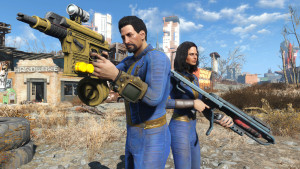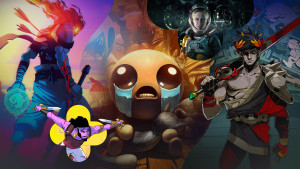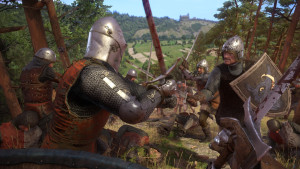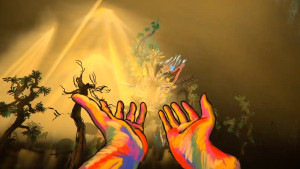Please support Game Informer. Print magazine subscriptions are less than $2 per issue
Last Stand: The Final Games Of The Biggest Consoles
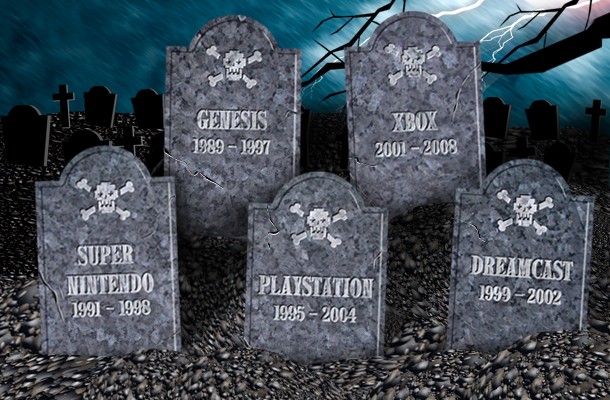
Many gamers consider a console dead as soon as its successor hits store shelves. While it's true that the release schedule takes a massive hit when this happens, there are always a handful of titles that arrive late to the party. Take a look at the final games released for some of gaming's biggest consoles.
Note: This list contains only North American retail releases
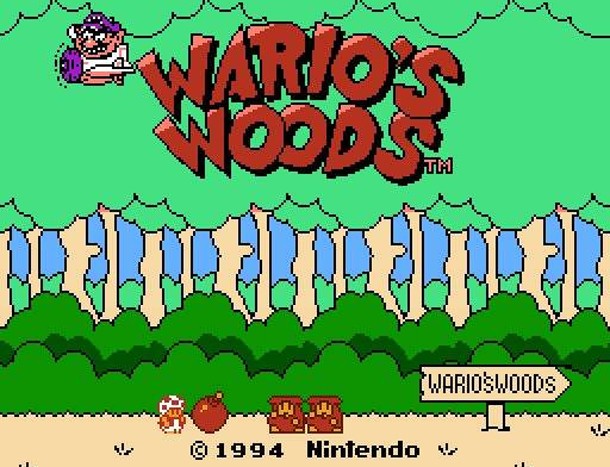
System: Nintendo Entertainment System
Launch Day: October 18, 1985
Last Game Released: Wario’s Woods - December 10, 1994
System Life: 9 years, 1 month, 22 days
After the NES gave us three classic Super Mario Bros. games, the allure of Super Mario World and the Super Nintendo was strong in 1991. Many gamers flocked to the beloved 16-bit system, but Nintendo (and third parties) hadn't given up hope on NES releases quite yet. 1992 and 1993 saw the release of dozens of games, but the new releases slowed down considerably by 1994. The Nintendo Entertainment System was ready to throw in the towel by the end of the year, and Wario's puzzle title served as its swan song.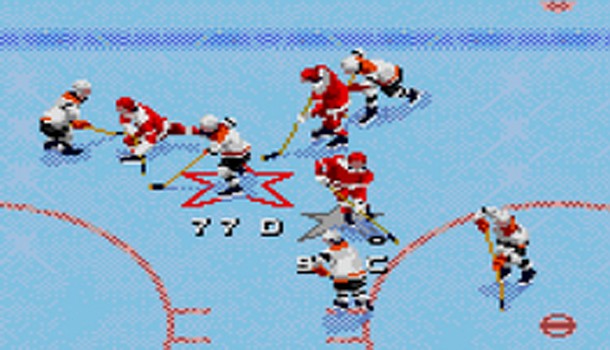
System: Sega Genesis
Launch Day: August 14, 1989
Last Game Released: NHL 98 - October 23, 1997
System Life: 8 years, 2 months, 9 days
By the mid-'90s, gamers had their sights focused firmly on 3D experiences in arcades and on consoles. The Genesis tried to keep up with a rough Virtua Fighter port and a pseudo-3D isometric Sonic game, but the writing was on the wall. 1995 and 1996 saw slim pickings for Sega's 16-bit console, and new releases were virtually non-existent by 1997. In a trend that we'd see repeated ad nauseum in future generations, the console's last title was a sports game. The popular hockey series sent the Genesis packing when NHL 98 released in October of 1997.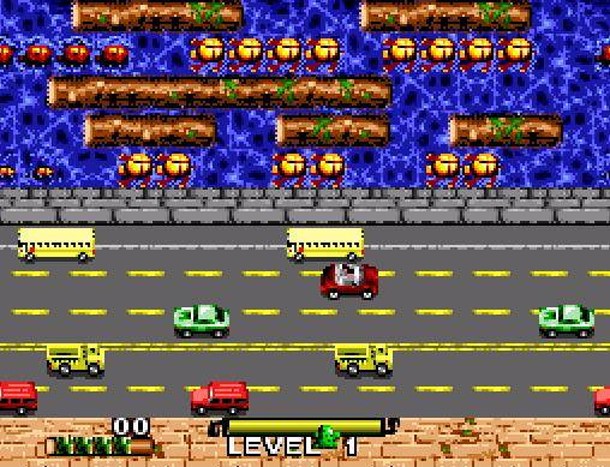
System: Super Nintendo Entertainment System
Launch Day: August 23, 1991
Last Game Released: Frogger - October 6, 1998
System Life: 7 years, 1 month, 13 days
Long before Xbox Live Arcade and PSN made reboots of classic arcade titles a regular occurrence, Hasbro Interactive re-introduced the Frogger series on Playstation and PC. Strangely enough, these versions hit almost a year before its 16-bit appearance on the Super Nintendo. The system was already on its way out in 1997, with its notable releases being limited to Harvest Moon, The Lost Vikings 2, and Kirby's Dream Land 3. Frogger's reboot served as the only North American release in 1998, and was the final title for the Super Nintendo.
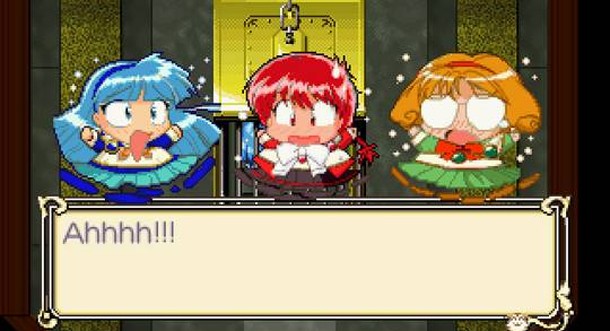
System: Sega Saturn
Launch Day: May 11, 1995
Last Game Released: Magic Knight Rayearth - December 14, 1998
System Life: 3 years, 7 months, 3 days
By 1998, it was painfully clear who had won the war between Sony Playstation and Sega Saturn. The former went on to enjoy several more years of success, while the latter died in North America by the end of the year. Saturn went out with a whimper with the anime-based Magic Knight Rayearth, which failed to strike a chord with gamers or critics.
System: Sony PlayStation
Launch Day: September 9, 1995
Last Game Released: FIFA Soccer 05 - October 12, 2004
System Life: 9 years, 1 month, 3 days
Considering the massive success of the Playstation 2, it wasn't hard to tell the PSone's days were numbered in the year 2000. Plenty of titles were released in the first few years of the decade, but notable experiences were hard to come by. RPG fans received Final Fantasy Origins in 2003, and fans of last-gen versions of Tony Hawk and sports games still saw regular releases, but the majority were mediocre licensed games and nonsense like Hooters Road Trip. The classic console finally saw its end in unspectacular fashion in 2004, with its last installment of the FIFA Soccer series.
System: Nintendo 64
Launch Day: September 29, 1996
Last Game Released: Tony Hawk’s Pro Skater 3 - August 20, 2002
System Life: 5 years, 10 months, 22 days
Starting in 2001, Nintendo was far more concerned with making the Gamecube compete with Playstation 2 and Xbox than they were with releasing new Nintendo 64 games. The slowed release schedule started before the GameCube's November release, as only a handful of titles saw the light of day in 2001 (including Conker's Bad Fur Day and Mario Party 3). The Tony Hawk's Pro Skater series was in its prime at this point, and its third installment served as the final game for Nintendo's last cartridge-based console.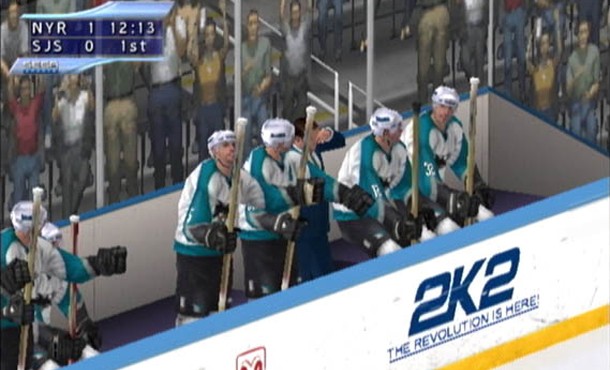
System: Sega Dreamcast
Launch Day: September 9, 1999
Last Game Released: NHL 2K2 - February 14, 2002
System Life: 2 years, 5 months, 5 days
Dreamcast came out of the gate strong on 9/9/99, with a mix of familiar characters (Sonic Adventure), solid arcade-like experiences (Hydro Thunder, Power Stone), and one of the best fighting games of all time (Soul Calibur). Subsequent years weren't as kind to Sega's final console, however, as the massively successful Playstation 2 arrived right on its heels. It struggled for a couple of years before finally giving up in North America with NHL 2K2. With its roughly two-and-a-half year life cycle, the Dreamcast saw the briefest run of any console on this list.
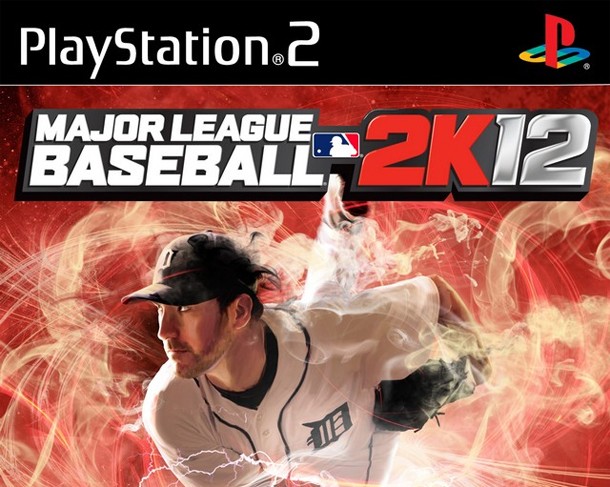
System: Sony PlayStation 2
Launch Day: October 26, 2000
Last Game Released: Major League Baseball 2K12 - March 6, 2012
System Life: 11 years, 4 months, 9 days
A few days ago, I was looking at a list of recent releases. One of them caught my eye more than any other, and was the reason I decided to make this list. Major League Baseball 2K12 came out this month for the Playstation 2. As you can see above, the PS2's 11+ year life cycle easily makes it the most resilient console on this list (although to be fair, there haven't really been any notable titles released since 2007's God of War II). Seeing that, you can't help but think that Sony's claim of a 10+ year life cycle for Playstation 3 is a very real possibility.
System: Microsoft Xbox
Launch Day: November 15, 2001
Last Game Released: Madden NFL 09 - August 12, 2008
System Life: 6 years, 8 months, 28 days
Many of the consoles on this list started strong and slowly dwindled in quality. Microsoft's first console experienced the opposite, however. Its launch was rocky, with a notoriously terrible controller and only one standout title. It turns out that one standout title can make or break a system, however, as Halo's success ensured the Xbox wouldn't pull a Dreamcast and be dead in a few years. Its library grew in quality and quantity over the years, and the Controller S was a great improvement over the original "Duke." The launch of the Xbox 360 in 2005 marked the beginning of the end of the original Xbox, although games were still regularly released for it throughout 2006. Only three games were released in 2007, and the console's only 2008 title wound up being its last.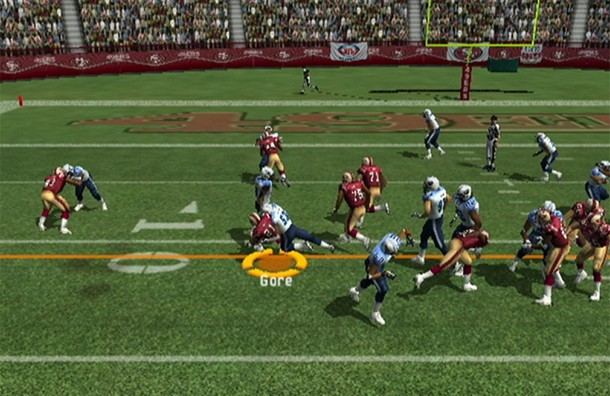
System: Nintendo GameCube
Launch Day: November 18, 2001
Last Game Released: Madden NFL 08 - August 14, 2007
System Life: 5 years, 8 months, 27 days
More than any other first party in gaming, Nintendo is quick to shelve their previous console when a new one is announced. The Nintendo 64 received almost no new releases once GameCube was on the horizon, the Gamecube was an afterthought as soon as Wii was announced, and we're already seeing the end of first party Wii releases. As for the GameCube, even its swan song was overshadowed by the new technology of the Wii. Nintendo fans were unbelievably hyped up for The Legend of Zelda: Twilight Princess, and the announcement that it would be a Wii launch title effectively took all of the wind out of the GameCube version's sails. After the launch of the new motion-based console, the GameCube was left with nothing but a handful of licensed titles (Ratatouille, Surf's Up, TMNT, and Disney's Meet the Robinsons). After those tie-ins saw release, the GameCube went out like so many others on this list -- with a sports game.
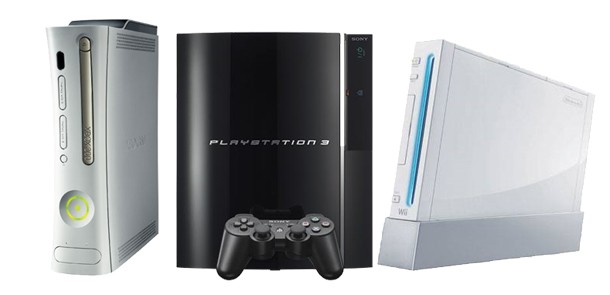
For comparison's sake, here is the running life cycle (as of March 29, 2012) of the current-gen consoles:
Xbox 360: 6 years, 4 months, 7 days
Nintendo Wii: 5 years, 4 months, 14 days
Playstation 3: 5 years, 4 months, 12 days
With only one new console officially announced, we have to imagine that the current generation of consoles (Xbox 360 and PS3, at least), are nowhere near the release of their final game. Time will tell the resiliency of the current generation, but there's no doubting that there are plenty of notable experiences still to come on the consoles that we've owned for years.

